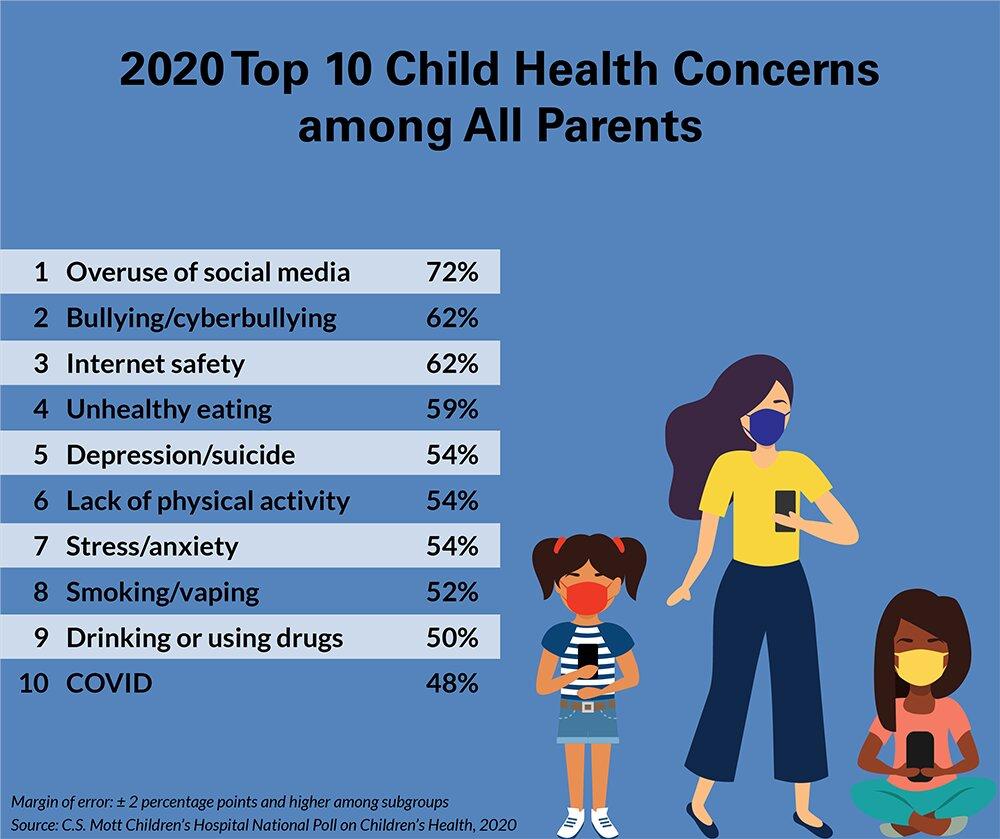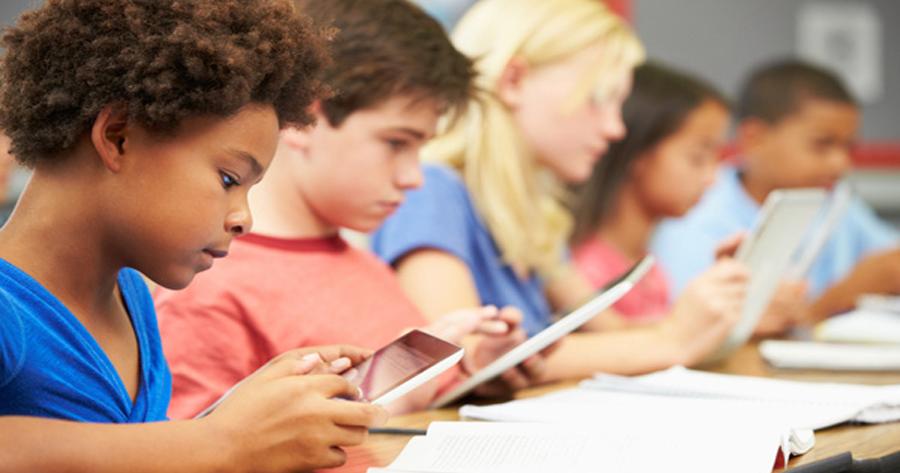In today’s digital age, social media has woven itself into the fabric of everyday life, becoming an influential force that shapes how individuals, especially young people, perceive themselves and interact with the world. As parents, understanding the complexities of this virtual landscape is crucial to guiding your child through the myriad pressures they may encounter online. From the pursuit of likes and followers to the comparison traps and cyberbullying, social media presents both opportunities and challenges that can significantly impact a child’s mental and emotional well-being. This article delves into the analytical exploration of these pressures, offering confident and actionable strategies to empower parents in helping their children navigate the often turbulent waters of social media. By fostering open communication, building resilience, and setting healthy boundaries, you can equip your child with the tools they need to thrive in an increasingly connected world.
Understanding the Impact of Social Media on Child Development
In today’s digital age, children are growing up with unprecedented access to social media, which can significantly shape their development. While social media offers opportunities for creativity and connection, it also brings about unique challenges that can affect a child’s mental and emotional well-being. Parents can play a crucial role in navigating these pressures by being proactive and supportive. Here are some effective strategies:
- Open Communication: Foster an environment where your child feels comfortable discussing their online experiences. Encourage them to share both positive and negative interactions, which helps in building trust and understanding.
- Set Boundaries: Establish clear rules regarding social media use. This includes time limits and appropriate content guidelines, which can help mitigate exposure to harmful material.
- Encourage Critical Thinking: Teach your child to question the authenticity of what they see online. Encourage them to differentiate between curated social media personas and real life.
- Promote Offline Activities: Balance screen time with physical activities, hobbies, and family interactions to ensure that your child develops a well-rounded lifestyle.
By implementing these strategies, parents can empower their children to handle social media pressures more effectively, contributing to healthier development in a digital world.

Recognizing Signs of Social Media Stress in Children
In today’s digital age, children are increasingly exposed to the pressures of social media, which can often lead to stress. It’s essential for parents to be vigilant and recognize the signs that their child might be struggling. Behavioral changes are often the first indicators. You might notice your child becoming more withdrawn, anxious, or irritable. They may also show a sudden disinterest in activities they previously enjoyed or have trouble sleeping. Another red flag is obsessive social media use, where your child might seem glued to their screens, constantly checking for updates or notifications.
- Emotional Distress: Pay attention to signs of low self-esteem, such as negative self-talk or frequent comparisons with peers.
- Academic Decline: A drop in school performance or difficulty concentrating can also signal social media stress.
- Physical Symptoms: Headaches, stomachaches, or other unexplained physical issues might arise due to stress.
By staying alert to these signs, parents can take proactive steps to support their children, fostering a healthier relationship with social media.

Implementing Effective Communication Strategies
In the digital age, fostering open dialogue is crucial for helping children navigate the complexities of social media. Encourage them to express their thoughts and feelings about online interactions. Create a safe space where they feel heard and validated. Utilize active listening techniques, such as maintaining eye contact and nodding affirmatively, to show genuine interest in their experiences. This approach not only builds trust but also empowers them to approach you with future concerns.
Incorporate the following strategies to enhance communication:
- Model Appropriate Behavior: Demonstrate healthy online habits by setting limits on your own screen time and being mindful of the content you share.
- Set Clear Expectations: Discuss the importance of privacy and respectful interactions, and establish guidelines for social media use.
- Encourage Critical Thinking: Teach them to question the authenticity of online content and recognize unrealistic portrayals that may lead to undue pressure.
By implementing these strategies, you equip your child with the tools needed to manage social media pressures effectively, fostering resilience and confidence in their digital interactions.

Establishing Healthy Social Media Habits and Boundaries
In today’s digital age, setting clear boundaries around social media use is crucial for maintaining a healthy balance. Encourage your child to recognize the value of digital detox periods, which can be as simple as designating tech-free times during meals or before bedtime. This practice not only helps reduce anxiety and stress but also fosters better sleep patterns and enhances face-to-face interactions. Discuss with them the importance of prioritizing real-world connections over virtual ones, helping them to understand that likes and comments do not equate to genuine friendship or self-worth.
To further support your child in developing healthy habits, consider implementing a few key strategies:
- Set time limits: Use apps or device settings to manage and monitor daily social media usage.
- Encourage critical thinking: Teach them to question the authenticity of online content and recognize curated realities.
- Model balanced behavior: Demonstrate healthy social media habits by limiting your own screen time and engaging in offline activities.
- Open dialogue: Maintain an ongoing conversation about their online experiences and feelings, creating a safe space for them to express concerns.
By establishing these boundaries and habits, you empower your child to navigate social media pressures with confidence and resilience.



